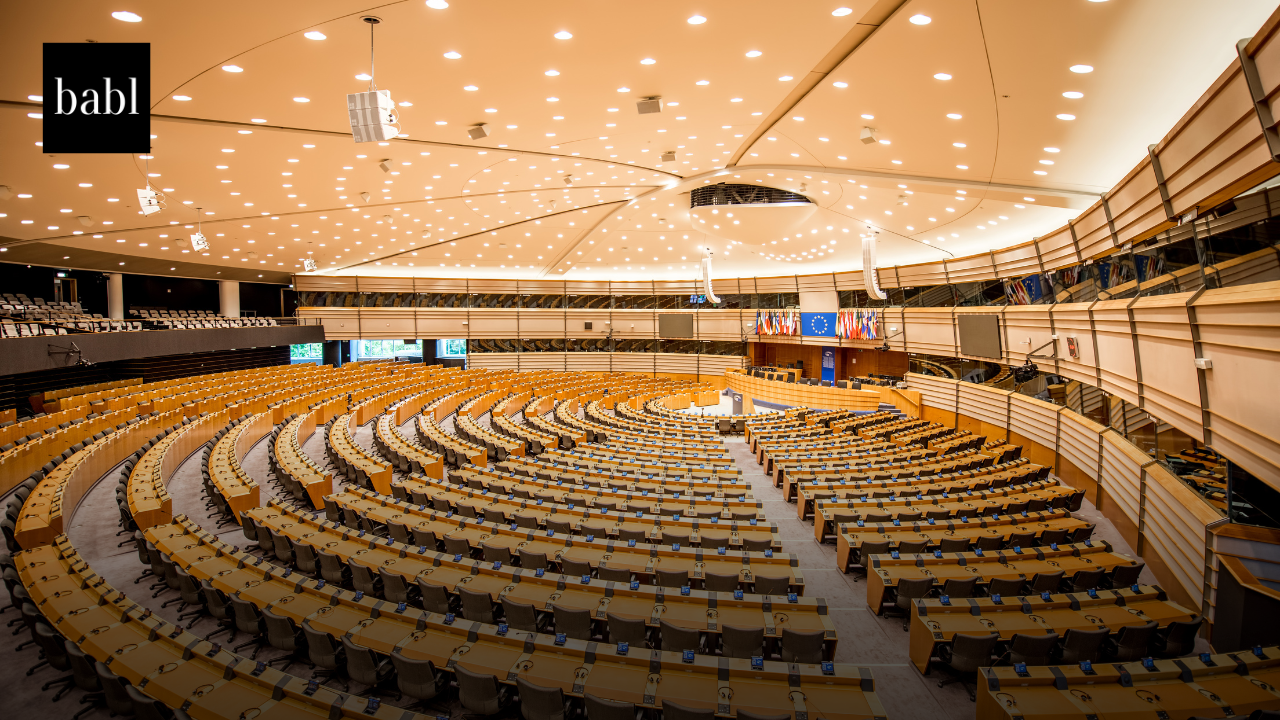UPDATE – FEBRUARY 2026:
The European Commission has expanded its Digital Services Act (DSA) election integrity framework through new operational tools, enforcement actions, and strategic initiatives. In February 2025, the Commission released a dedicated DSA Elections Toolkit to help national Digital Services Coordinators implement election-related risk mitigation measures. The toolkit provides detailed guidance on monitoring AI-generated content, responding to disinformation campaigns, strengthening media literacy, and coordinating with election authorities and civil society.
Enforcement activity has also intensified. In December 2025, the Commission imposed a major fine on X (formerly Twitter) for violations related to transparency, deceptive platform design, and insufficient researcher access—issues directly tied to DSA obligations governing election integrity and platform accountability. Ongoing investigations into Very Large Online Platforms and Search Engines continue, with regulators closely monitoring compliance with transparency, risk assessment, and content moderation requirements.
In November 2025, the European Commission announced the European Democracy Shield, a broader initiative designed to counter foreign interference, disinformation, and election manipulation. This initiative builds on existing DSA enforcement tools, reinforcing safeguards around online political discourse and AI-generated content.
These developments confirm that the original election integrity guidelines remain a central pillar of EU digital governance. However, the addition of operational toolkits, stricter enforcement, and new strategic initiatives reflects the Commission’s shift from preparation to active, sustained oversight of online platforms—particularly as generative AI and synthetic media introduce new risks to democratic processes.
ORIGINAL NEWS STORY:
European Commission Unveils Guidelines to Safeguard Election Integrity Online
To strengthen electoral transparency and trust in the digital age, the European Commission has unveiled comprehensive guidelines targeting Very Large Online Platforms and Search Engines. These platforms—those reaching more than 45 million users in the EU—must now take concrete steps to reduce risks that threaten fair elections. The guidelines are part of the broader enforcement of the Digital Services Act (DSA) and focus on the 2024 European Parliament elections.
Election-Specific Risk Mitigation
The Commission’s approach to safeguarding elections is multifaceted. Platforms are urged to:
- Build internal teams specifically for election risk monitoring
- Use local context analysis to adapt strategies
- Promote official voting information
- Adjust recommender systems to curb the spread of disinformation
Media literacy efforts and clear labeling of AI-generated content—including deepfakes—are also central. Platforms must update their terms of service and improve content moderation practices to combat manipulation and misinformation.
Collaboration and Response Planning
The guidelines stress collaboration with EU and national authorities, civil society groups, and external experts. This coordination is crucial to monitor disinformation campaigns, foreign influence, and cyber threats. Platforms should implement incident response mechanisms during elections to act quickly if false or harmful content could affect voter turnout or election results.
After each election, platforms are encouraged to conduct reviews of their actions. These post-election assessments should be shared publicly—at least in part—to enable scrutiny and continuous improvement.
Enforcement and Flexibility
While the guidelines set clear expectations, platforms have flexibility. If a platform proposes an alternative method, it must demonstrate its effectiveness. The Commission can request further documentation or even initiate proceedings under the DSA if concerns persist.
Stress Test Ahead of the Elections
To test preparedness, the Commission will conduct a “stress test” exercise. This exercise will evaluate how well platforms and oversight mechanisms respond to high-pressure scenarios. The goal is to strengthen coordination and improve existing tools ahead of the 2024 EU elections.
A Pillar of the DSA
These election integrity guidelines are part of a broader framework that includes the Code of Practice on Disinformation, the Political Ads Transparency Regulation, and the Recommendation on Electoral Processes. Together, these tools ensure a transparent, rights-respecting digital environment—especially in the lead-up to the EU’s cross-border elections.
Need Help?
If you’re wondering how these guidelines, or any other AI regulations and laws worldwide could impact you and your business, don’t hesitate to reach out to BABL AI. Their Audit Experts can address your concerns and questions while offering valuable insights.





